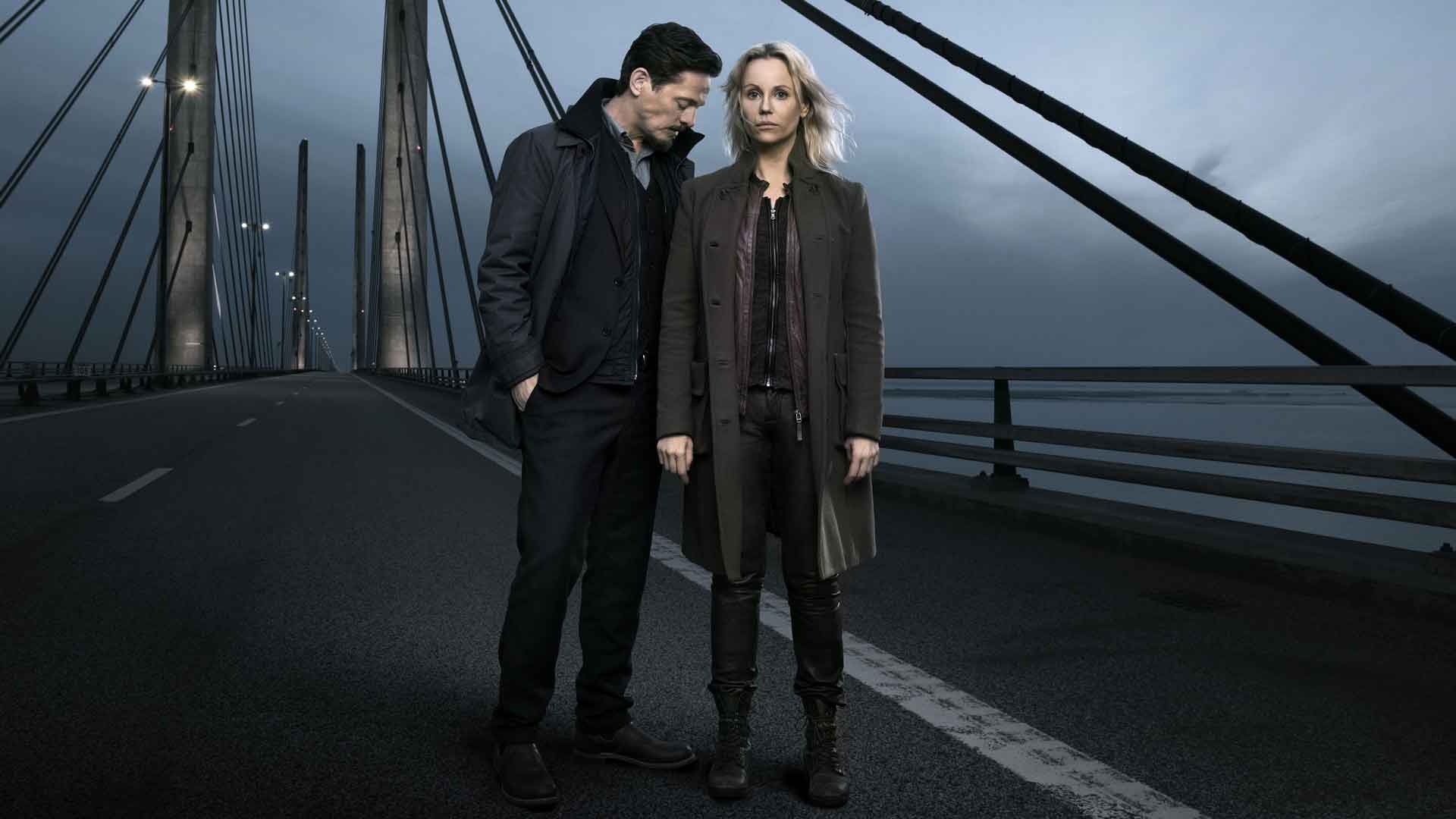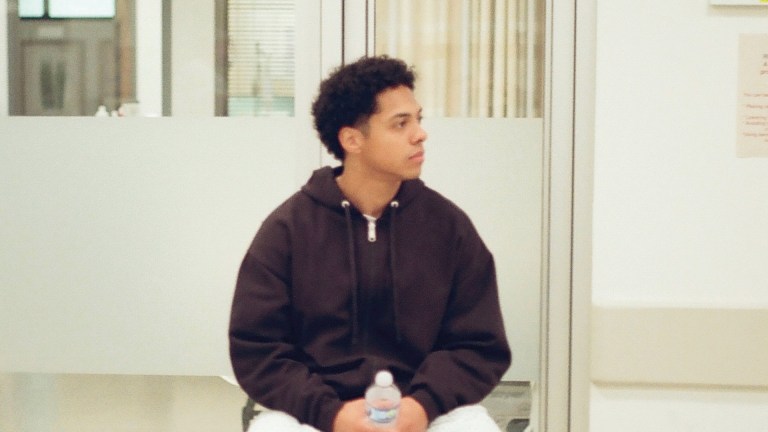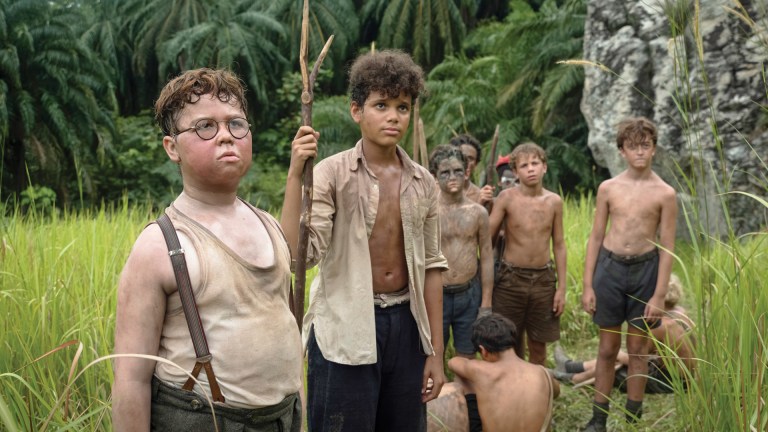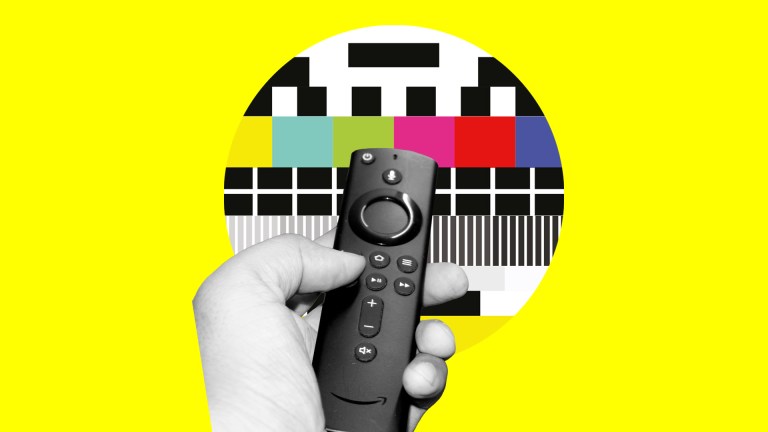It might not be the politically correct way to say it – but I am half-barmy. Riddled with anxiety I am. Up to the eyeballs in the stuff, according to the old head-shrinkers. I’m the sort of fella who is up all night worrying that a receipt I forgot to submit in my last VAT return might, through some outlandish sequence of events that seem perfectly rational to me at times of peak-barmyness, land me in the nick.
Who knows why I have such a surfeit of worry buzzing about in my head? I can tell you it’s a bloody pain in the arse and I could do without it. But don’t worry about me, gentle reader, I’ve got family and friends and prescription medicine and a nice lady who I see once a week for a chinwag. I’ll be fine. And perhaps by sharing the fact that I’m a bit, in the parlance of my dear old mum (herself a fruitcake) “bonkers in the nut”, it might just help a few others struggling with similar issues.
Just as our TV heroes used to struggle with alcohol or complex love lives, now they are just as likely to struggle with mental health or neurological issues
TV is doing its bit too with shows like Homeland, where Carrie Mathison’s struggles with bipolar disorder have not stopped her from saving the world from terrorists for seven seasons. Then there are shows like The Bridge and The Big Bang Theory. One is a mainstream sitcom about science nerds. The other is a dark Scandinavian police drama. Both feature protagonists who are widely perceived as being on the autistic spectrum. Not that being autistic is a mental health disorder, of course. But the two things can often go hand in hand. In any case, these are likeable, iconic characters struggling with conditions that were rarely tackled in such a way by popular entertainment until very recently. Sheldon Cooper in The Big Bang Theory is a highly intelligent physicist who delivers the bulk of the show’s laughs by being insensitive to the feelings of his friends.

Over on The Bridge there is Saga Norén: a detective whose brilliance at police work is entwined with her seemingly cold and detached personality. Like Sheldon she is oblivious to the impact of her insensitive words and actions. She doesn’t mean to hurt people’s feelings and when she realises what she has done she feels bad about it. They are both flawed heroes. But just as our TV heroes used to struggle with alcohol or complex love lives, now they are just as likely to struggle with mental health or neurological issues.
The point I’m making is that there are plenty of us struggling with some sort of bollocks and for years we assumed we were on our own. Now there are characters playing prominent roles in popular culture who might be a bit bananas but are admirable, relatable and brilliant all the same.









